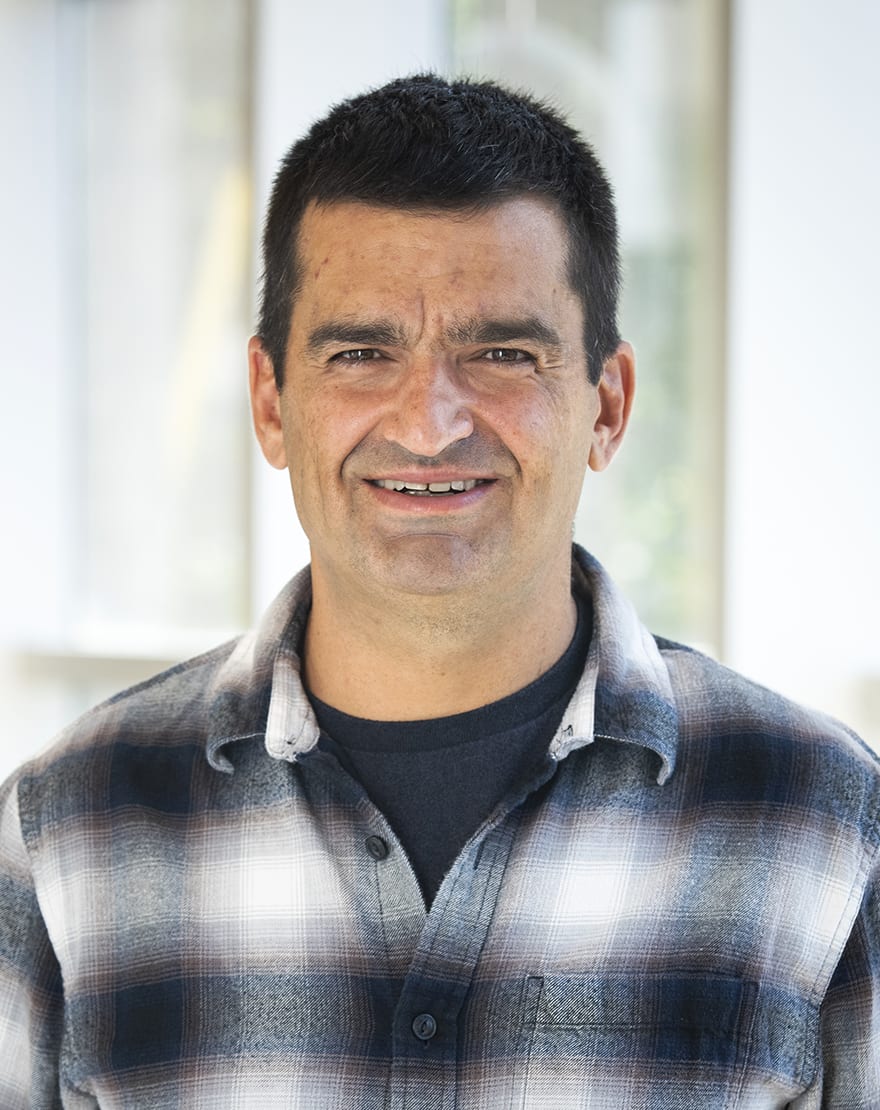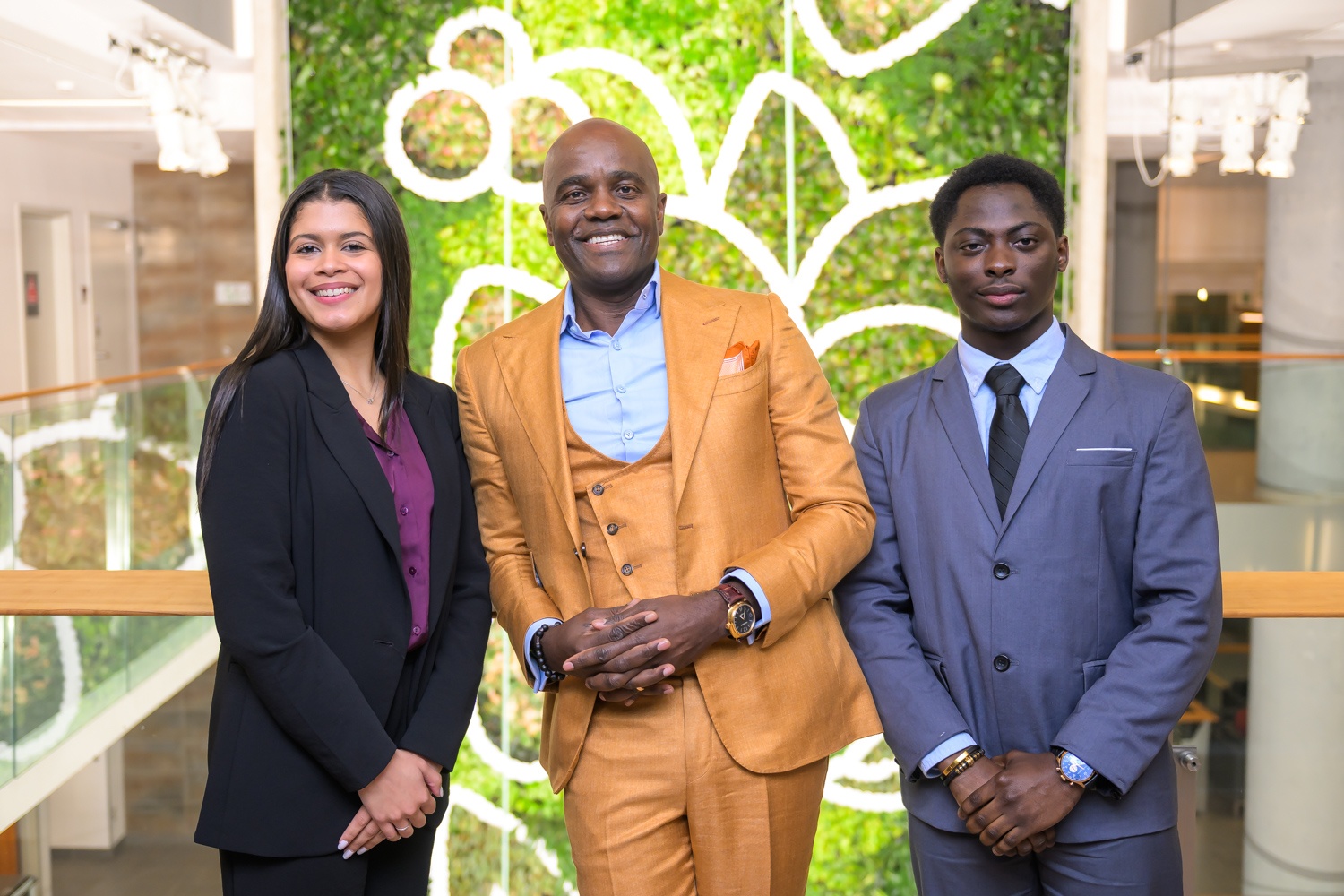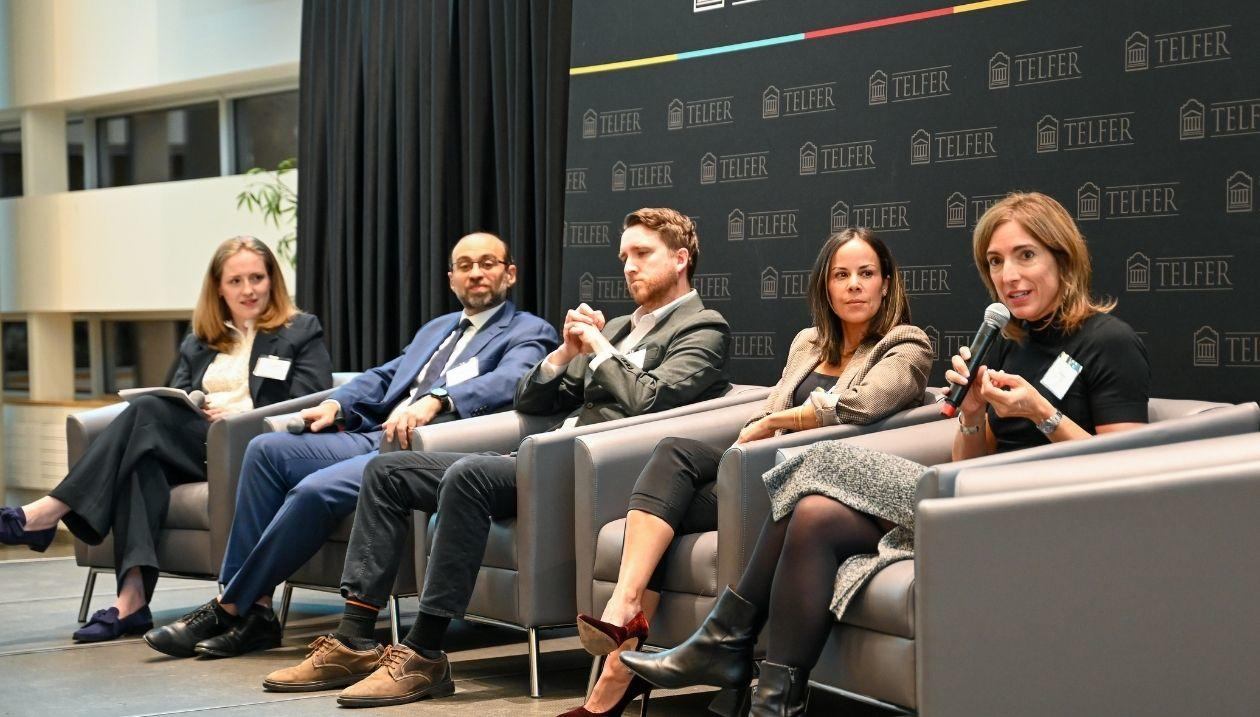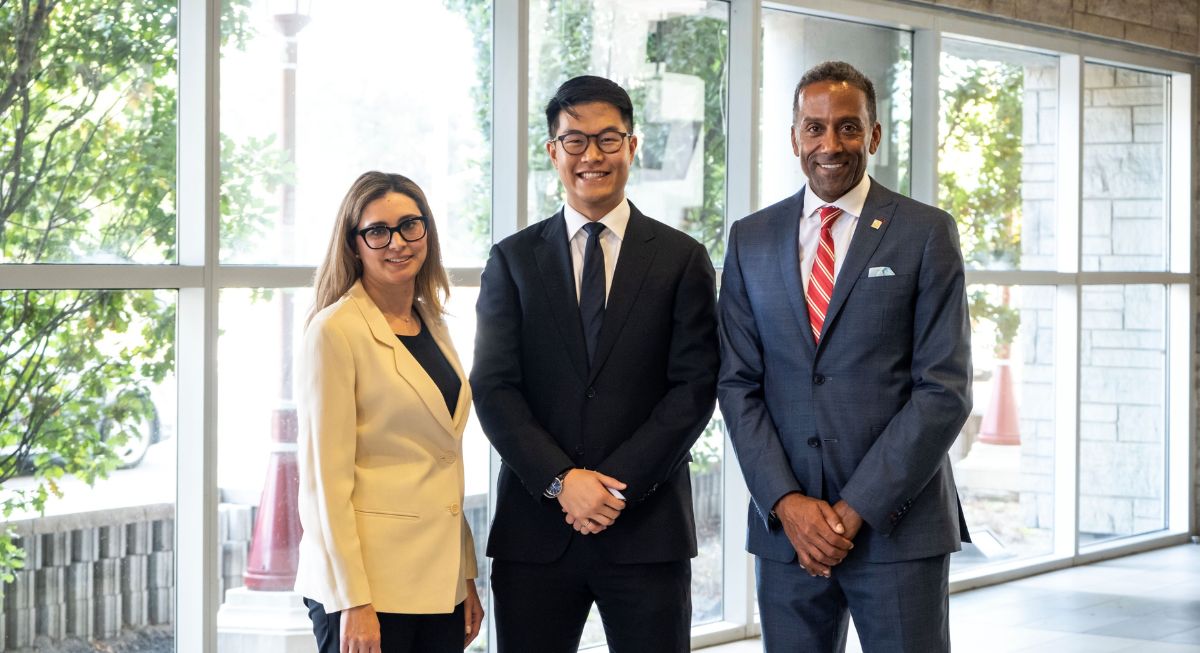Charities bring communities together and help people support each other during difficult times. However, Canadian charities are currently struggling, with donations and volunteerism in decline.
To study how charities can better connect with donors and volunteers, Professor Keri Kettle has received a Social Sciences and Humanities Research Council Partnership Engage Grant for a project titled “Leveraging Identity to Increase Donations and Volunteer Support.” In partnership with Team Rubicon Canada, a military veteran-led organization that helps communities in crisis, Kettle aims to help charities understand how to increase volunteer and donor support by highlighting their collective identity.
Founded in 2016, Team Rubicon Canada relies on volunteers to assist communities worldwide, especially in areas where traditional aid cannot reach. Team Rubicon also relies on donations to support its growing humanitarian efforts.

“As a veteran-led humanitarian organization, Team Rubicon has a unique identity,” says Kettle, a decorated Canadian Forces veteran and identity expert. “My goal with this partnership is to help Team Rubicon understand how to leverage their identity to appeal to potential volunteers and donors who may or may not share that identity.”
Understanding how identity drives donor and volunteer behaviour
Like most charities, Team Rubicon Canada uses a variety of means (e.g., social media, direct email) to communicate with current and prospective supporters. This research partnership will examine how a variety of messages can differentially affect potential donors and volunteers depending on their identity.
Kettle and his research team, including current Telfer MSc student Vanessa Tinlin, will conduct experiments and field studies to understand audience reactions to different messages from Team Rubicon Canada. These messages will be crafted to focus on either the charity’s veteran-led identity or its actions in helping communities in need.
Tinlin says “My motivation for researching Team Rubicon lies in understanding the powerful role language plays in shaping the evolving identities of veterans. The transition from service in uniform to service in the community is a significant shift, and I’m driven by the desire to explore how language can encourage and sustain this transformation.” Tinlin adds, “By examining how words can inspire veterans and supporters to invest their time and resources, I aim to uncover how their evolving sense of identity can drive meaningful contributions and lasting change in their communities.”
The ultimate goal of this research partnership is to enable Team Rubicon Canada – and other Canadian charities – to more selectively target their messages so they can increase donations and recruit volunteers.











